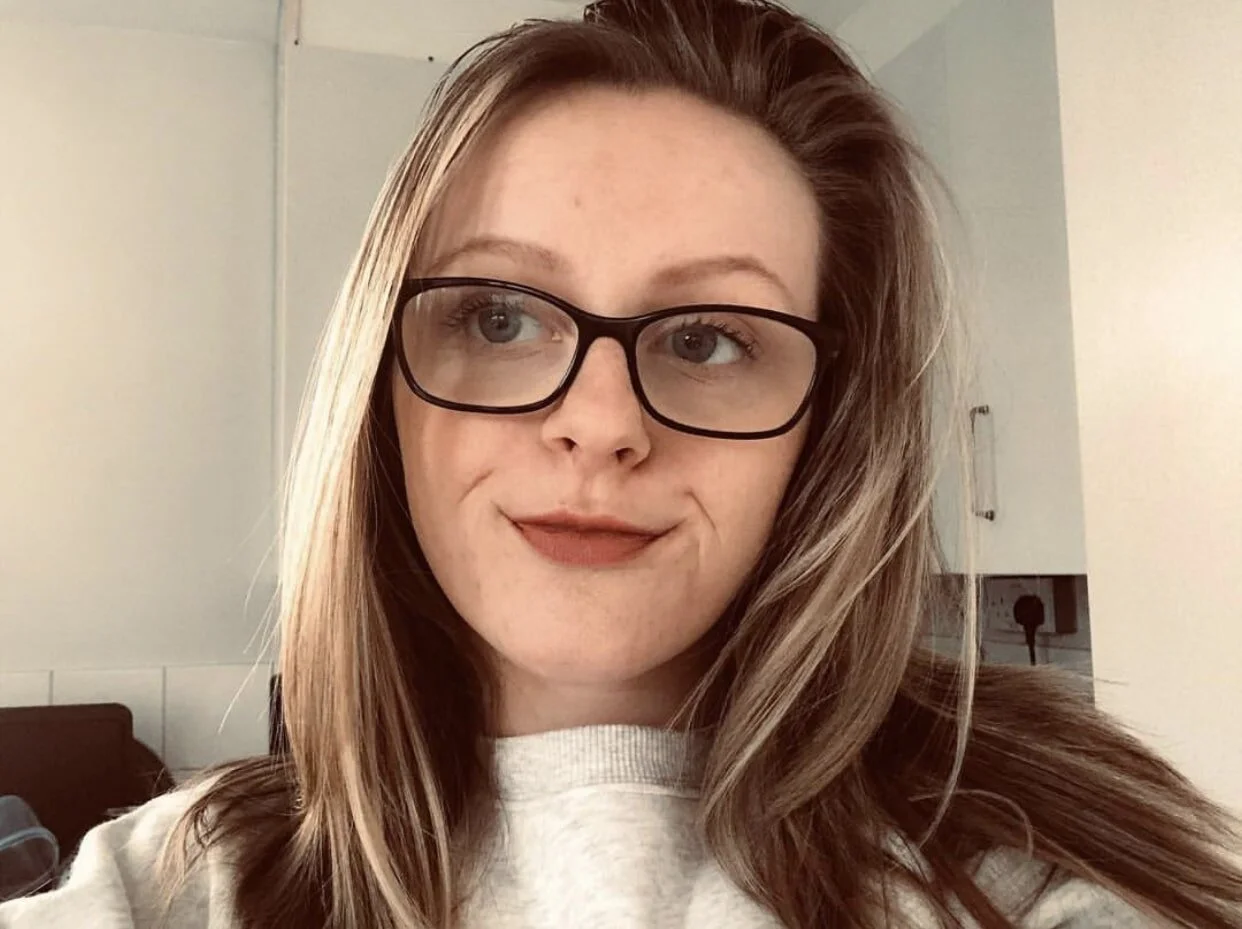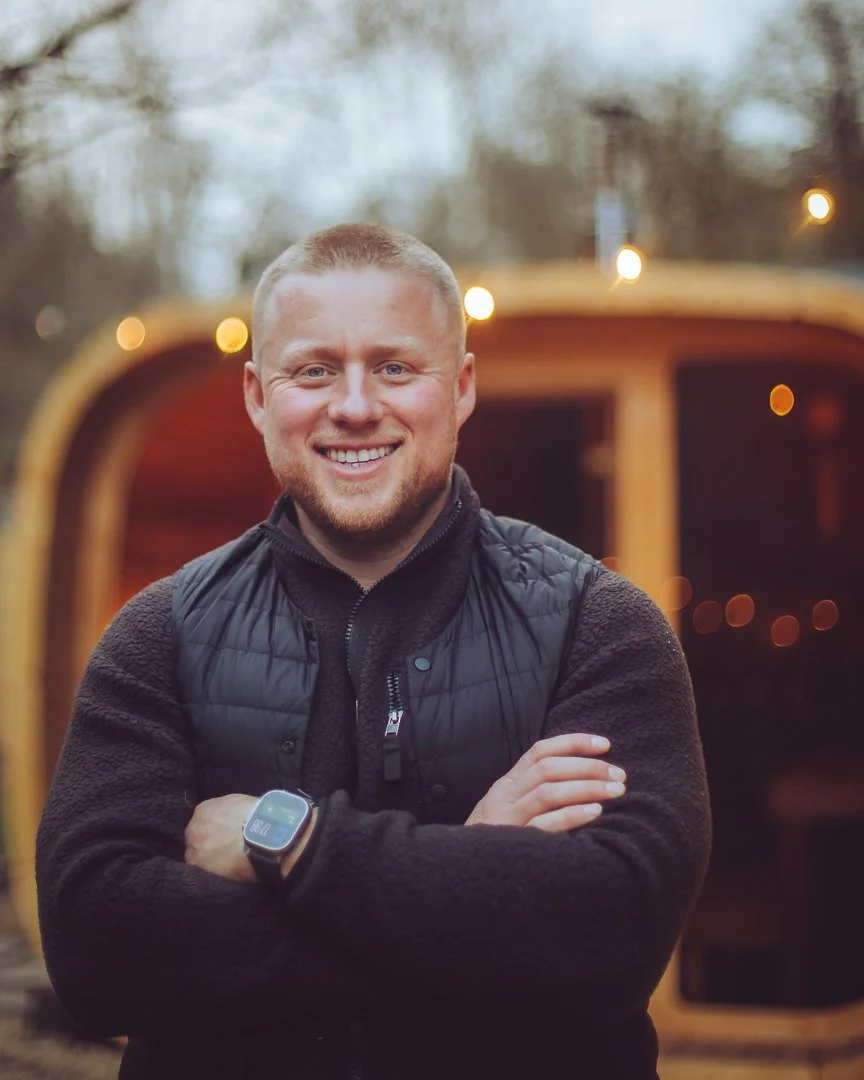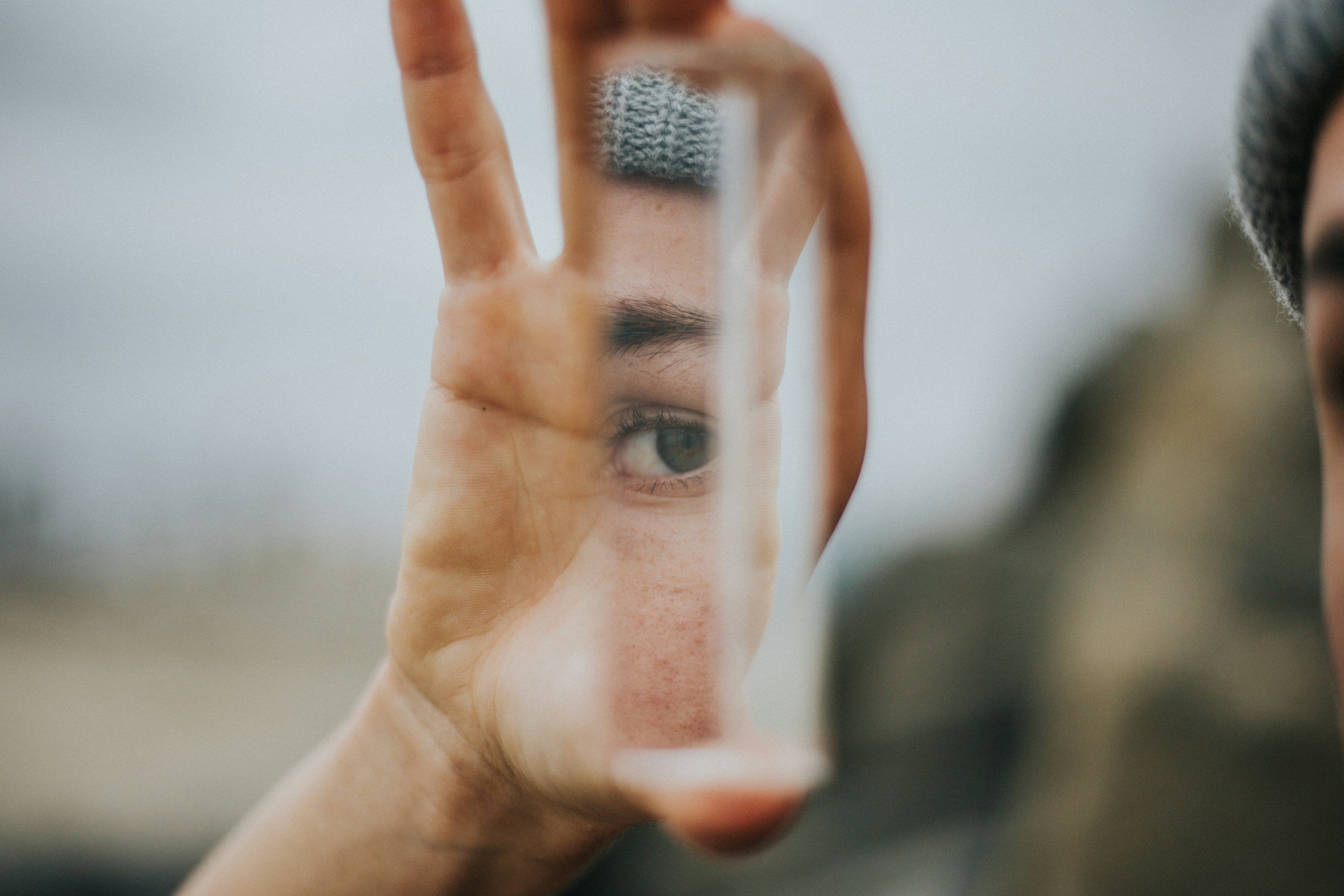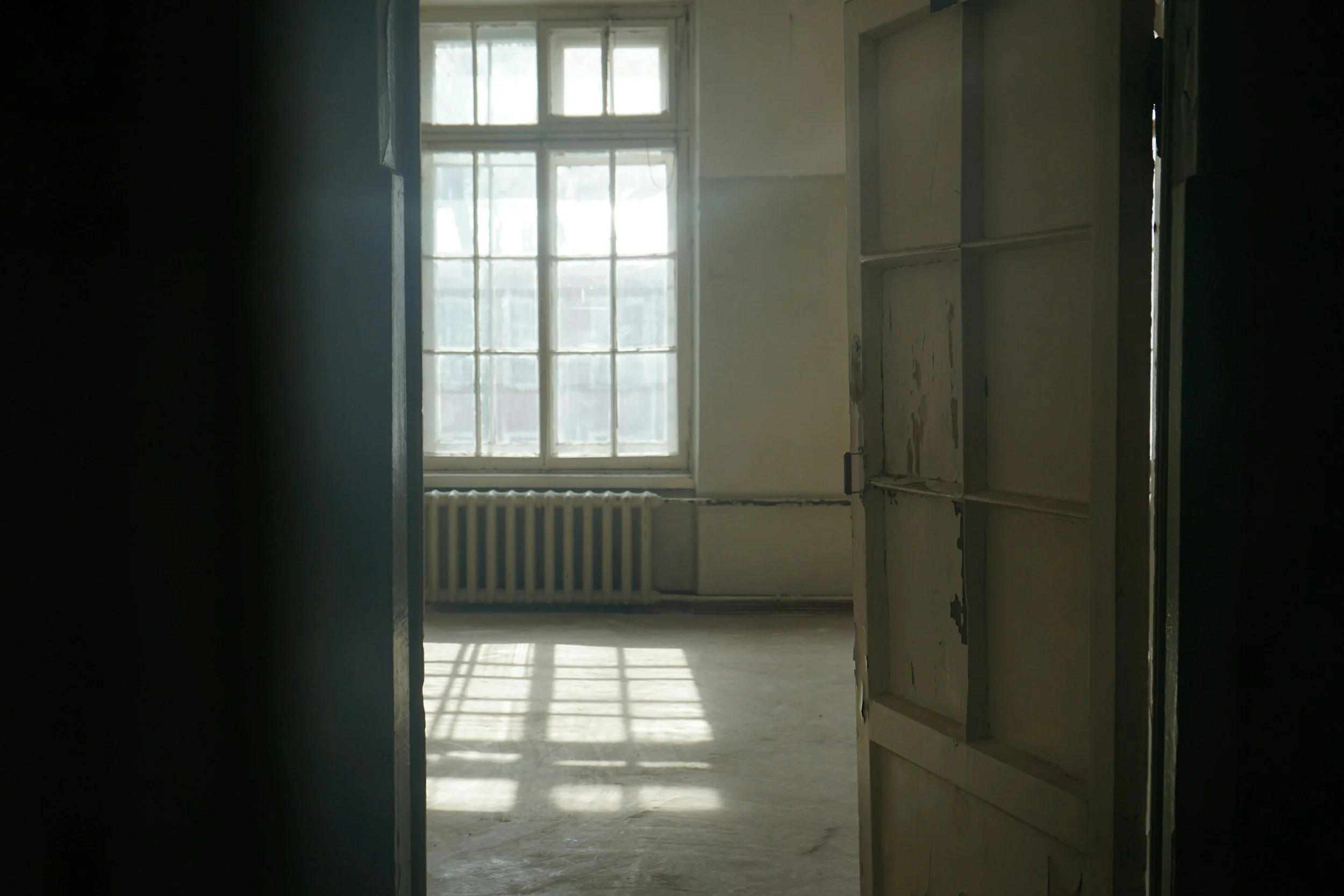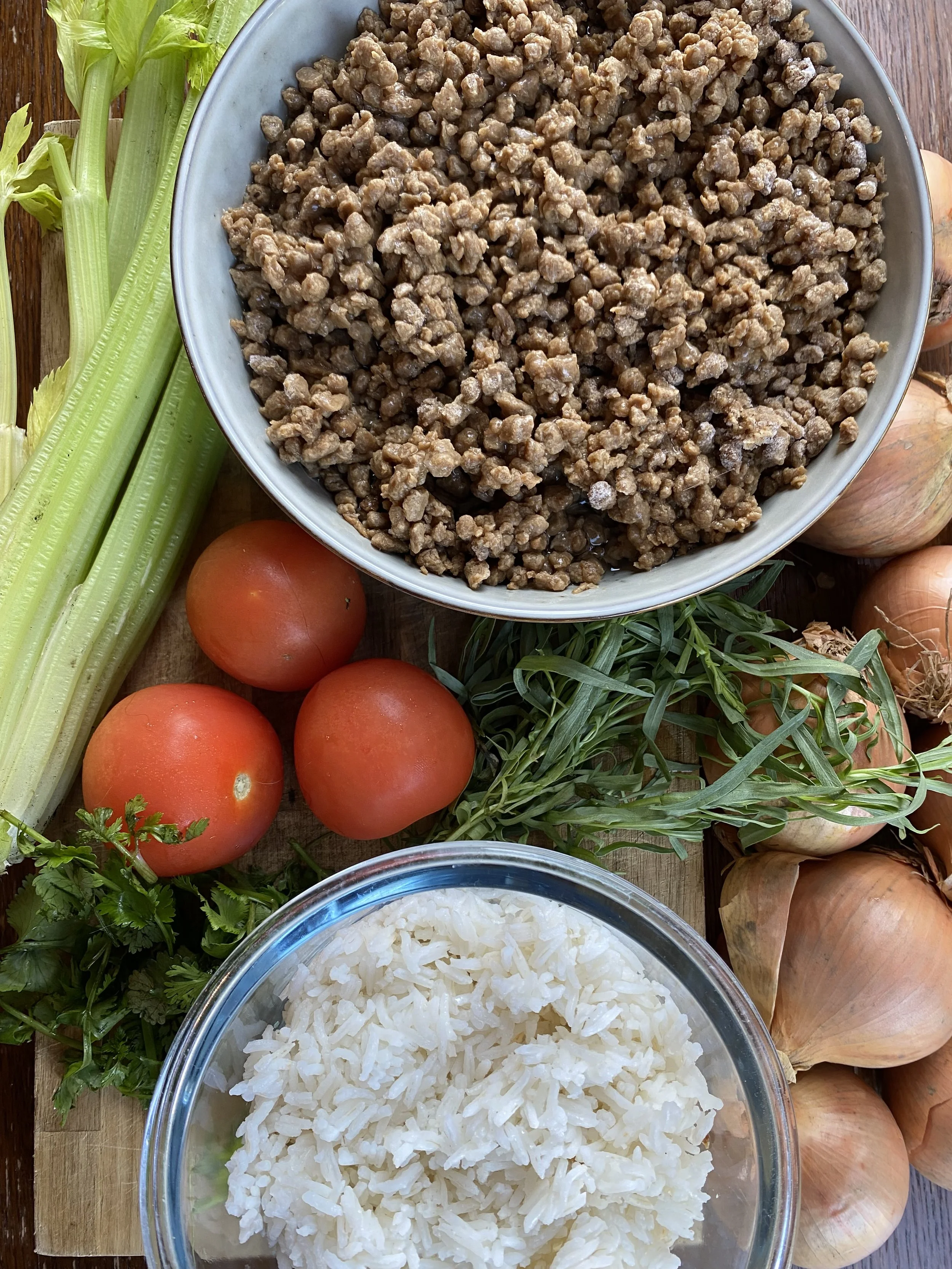July 19th - Easing Restrictions Anxiety
21st June (and then July 19th) is probably a date you've heard of a lot. It's everywhere: we hear it on television and social media, from our friends and family, from restaurants and clubs. Everywhere we go, people suggest that we are returning to 'normality' (whatever that means now.)
The roadmap outlined by the government earlier this year suggested a phased plan to ease restrictions, the final stage being all restrictions removed and happening on the 19th July or after. It's hard to imagine that in 2021 we would be awaiting news of when we could hug our friends and family, when we would be allowed to have a sleepover and when we could go on a long-awaited night out. Everyone's waiting for different things and looking forward to different events, but amongst all the excitement, many of us are also anxious and nervous about life after lockdown.
After what has essentially been 18 months in lockdown (with some exceptions during the summer months of 2020), life without government restrictions and social distancing feel fairly unnatural. A year of socialising via our phones and laptops and showcasing our lockdown lives through social media, a face to face lunch with the girls feels like a very distant memory. But if all goes to plan, then on the 19th July, we'll see all our favourite spots back and open for business with no masks or social distancing in sight. If everything goes to plan, that is. Whilst we await our impending freedom, many of us feel anxious about what the next steps mean.
It is natural to feel worried about what's around the corner, especially when we've spent months hibernating in our homes in our loungewear. We've grown comfortable in our own spaces with no expectations of who to be or what to achieve. Living in lockdown has left many of us more comfortable in our pyjamas than dressed up for a night out, and whilst the prospect of going out and socialising is exciting, it's also nerve-wracking to go back to life before social distancing and quarantines after the year of 2020 changed many of us, for better or for worse.
2020 was a big year. I found myself completing my first year of university from my childhood bedroom, living in a different area to my university friends, baking weekly, and looking for others to expand my skill set whilst trapped at home for the summer. Many young people have found themselves in a similar position with limited opportunities, which has had a major impact on mental health. Undoubtedly, young people are eager to get back out into the world, socialise, learn, and access opportunities. The pandemic, however, has left many young people questioning their abilities and career choices due to a lull in work and learning experiences. People around the country have found themselves questioning 'what's next?'. After a year of uncertainty, it feels impossible to predict what's around the corner.
The Office of National Statistics has reported that many of us are far less anxious now than we were 12 months ago. In the last week at time of writing (2nd – 6th June 2021), the ONS has seen an improvement, with adults recording an average anxiety score of 3.6. When asked to rate their anxiety levels on a scale of 0-10 (with 10 being severely anxious and 0 not at all). Many people have leapt off of their sofas to get out and about, tickets to Parklife Festival sold out in just 78 minutes, highlighting people's deep desire for socialisation and live music! The statistics do, however, show that some are still hesitant to get back out there.
So, what can we do to stay calm and happy moving forwards?
Go at your own pace. There's no rush. Just because you can go out doesn't mean you have to. Even if all of your friends are out every night of the week, you don't have to go if you're more comfortable going out once a week. Ease yourself back in to socialisation and outings. Don't pressure yourself to be doing everything instantly (unless you want to, of course!).
Be honest. Being honest about how we feel can be easier said than done. Still, by being honest about our anxiety to move forwards, we can hopefully open up and find support in those around us. It might allow plans to be compromised so that everyone is comfortable, or maybe plans will slow down as your friends decide to follow your lead. By opening up to those around us, we can access crucial support networks.
Your favourite lockdown activities don't have to be thrown out. Maybe you've come to love baking at the weekend, or Friday night has become your regular Netflix and popcorn night; just because the world is opening up doesn't mean these activities have to go. You have every right to stay home and enjoy your Friday night in if that's what you wish to do. It's important to remember that things opening up gives us options on what we wish to do with our time. It is not an order to leave our homes.
Suppose your anxiety stems from the virus itself and the presence of COVID. In that case, it can feel even trickier to get out and back to 'normality'. It is okay to still be cautious; everyone feels differently about this virus and will be happy to return to life at different points. If you wish to wait for a vaccination or a date or wait until you're comfortable, that is okay.
Most importantly, remember to prioritise yourself. It's okay to say no to plans. It's also okay to say yes to plans. Everyone is reacting and acting differently, and that is okay.
Written by Millie Smith
Millie is an English Literature undergraduate at the University of Reading. Having discovered her passion for journalism during her first year by writing for her university paper, The Spark, Millie has been looking for opportunities to expand her portfolio ever since. In July 2020 Millie launched ‘The Collective Magazine’ as Founder and Editor in Chief, which is an online publication run by students for young people and students to expand their portfolio and gain experience in the journalism industry. Millie enjoys writing on lifestyle and health topics, having now written a few times about her experience with a chronic illness.

